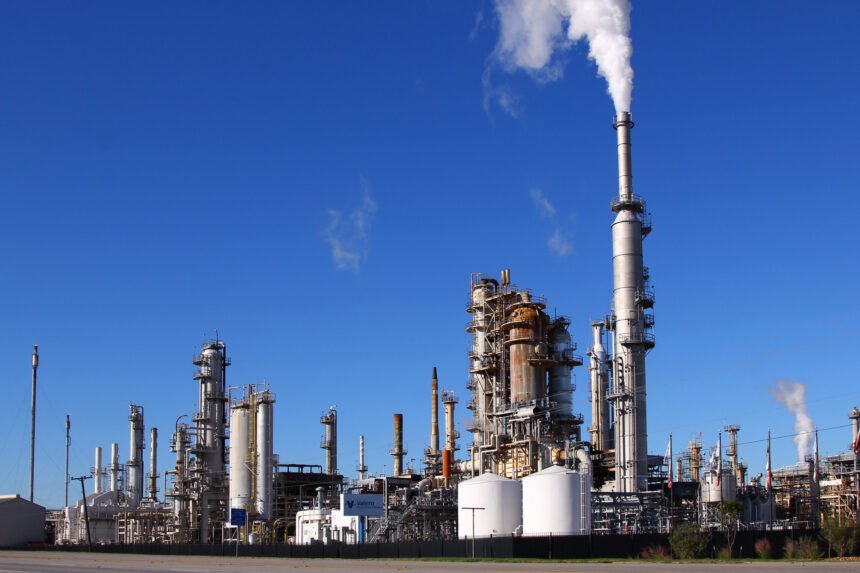Starting July 1, 2025, the government will impose both a Carbon Levy (CL) and Petroleum Levy (PL) on Furnace Oil (FO), targeting the local refining sector. This decision is aligned with the IMF’s Resilience and Sustainability Financing (RSF) program and aims to curb fossil fuel consumption while generating funds for green energy initiatives.
Read More: Power Division Gears Up for Ashura Heatwave
Key Price Hikes and Taxation Details
-
Total levy per liter: Rs79.5
-
Petroleum Levy: Rs77
-
Carbon Levy: Rs2.5
-
-
FO price increase: Rs85,000 per ton
-
New FO price: ~Rs235,000 per ton
-
Price hike impact: 57% immediate increase; may reach 67% if crude prices stay above $75/barrel
Industry Pushback and Economic Impact:
Adil Khattak, Chairman of the Oil Companies Advisory Council (OCAC) and CEO of Attock Refinery, voiced serious concerns, warning of “severe consequences” for local refineries. Refineries use FO in furnaces, boilers, and for power generation, and the new levies will drastically raise internal consumption costs.
“The policy could render operations unsustainable, leading to financial losses and possible shutdowns,” said Khattak.
Refineries, shipping, and Independent Power Producers (IPPs) will be the hardest hit, as they depend on FO for fuel and utilities. Some industry watchers believe the move is skewed to benefit imported fuel lobbies at the cost of domestic production.
Government Revenue and Declining FO Demand:
The government expects to generate Rs75 billion through the levies. Pakistan’s FO consumption is already in decline:
-
FY24: 1.2 million tons
-
FY25 (projected): 0.9 million tons
-
10 years ago: 9.2 million tons
FO now contributes just 1.5% to Pakistan’s electricity generation mix, down from 35% a decade ago. LNG and coal have largely replaced FO in the power sector.
Fallout for Industry, Power Sector, and Refineries:
-
Power cost rise: FO-based power may jump from Rs25/kWh to Rs40–42/kWh
-
Industrial impact: Industries without grid access will be most affected
-
Backup fuel: FO remains vital during outages
-
Cement sector: CHCC and KOHC may see 3–4% drop in annual profits
Listed companies have mostly shifted to solar and coal, minimizing the broader industrial impact. However, the refining sector faces a harsher reality:
-
FO forms 24% of the local refineries’ production mix
-
Annual production: 2.5 million tons
-
Local consumption: 0.9 million tons
-
Exports required: ~1.5 million tons
-
Export discount: ~$5/barrel, reducing Gross Refining Margins by 12%
North-based refineries like Attock face additional shipping costs, further compressing margins and threatening sustainability.
Conclusion
The imposition of carbon and petroleum levies on furnace oil signals a major policy shift in Pakistan’s energy landscape. While aimed at green transition and IMF compliance, the move risks destabilizing the refinery sector and could have long-term consequences for energy security and industrial competitiveness.


